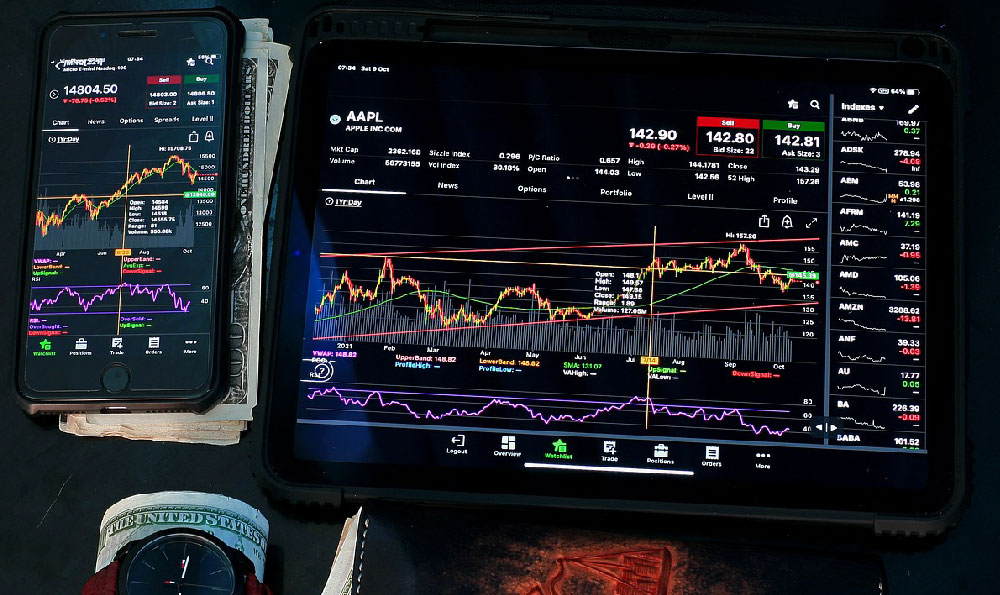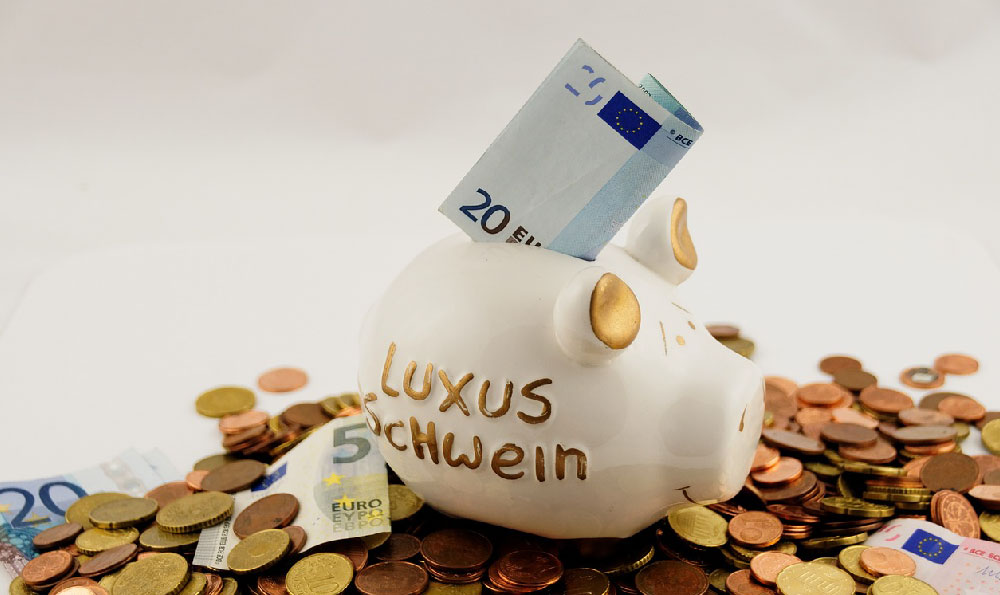Okay, I understand. Here's an article responding to the question "Are boats good investments? What factors should be considered?" in English, meeting your requirements for length, depth, style, and avoidance of specific structural elements.
Are boats good investments? This is a question that sparks lively debate among boating enthusiasts and financial advisors alike. The allure of owning a boat, the freedom of the open water, and the potential for family memories often cloud the cold, hard reality of boat ownership costs. While a boat can be an incredible source of recreation and enjoyment, understanding its financial implications is crucial before taking the plunge. Viewing a boat as an "investment" in the traditional sense, like stocks or real estate, requires a nuanced approach and a realistic expectation of potential returns.
The first and most important consideration is the substantial depreciation that boats typically experience. Unlike some assets that can appreciate in value, boats tend to lose a significant portion of their initial cost in the first few years. The rate of depreciation varies depending on the type of boat, its size, brand, condition, and the overall market demand. Luxury yachts, for example, can depreciate rapidly due to their high initial cost and the specialized nature of their upkeep. Smaller, more common boat types may hold their value slightly better, but depreciation remains a significant factor to consider. Before purchasing, research the typical depreciation rates for similar models and factor this loss into your long-term financial planning.

Beyond the initial purchase price, the ongoing costs of boat ownership can be substantial. These costs can be broadly categorized into fixed and variable expenses. Fixed costs include things like dockage fees, insurance premiums, registration fees, and annual maintenance. Dockage fees, in particular, can vary widely depending on the location and amenities offered by the marina. Insurance is essential to protect against accidents, damage, or theft, and the premiums will depend on the boat's value, size, and intended use. Registration fees are typically annual and contribute to the upkeep of waterways and boating infrastructure. Routine maintenance, such as engine servicing, hull cleaning, and winterization, is crucial to maintaining the boat's condition and preventing costly repairs down the line.
Variable costs are those that fluctuate depending on the boat's usage. Fuel is a major expense, especially for powerboats that consume large amounts of fuel at high speeds. Repair costs can also be unpredictable and significant, particularly for older boats or those that have been poorly maintained. Wear and tear on engines, sails, and other components is inevitable, and unexpected breakdowns can quickly eat into your budget. Consider also the cost of consumables like cleaning supplies, ropes, and safety equipment.
The frequency of use significantly impacts the overall cost-effectiveness of boat ownership. If you plan to use the boat regularly, the per-use cost will be lower, making the investment more justifiable. However, if the boat sits idle for extended periods, the fixed costs will quickly outweigh the benefits. Analyze your anticipated usage patterns and honestly assess whether you will actually utilize the boat enough to justify the expense. Renting or chartering a boat might be a more economical option if you only plan to use a boat occasionally.
The type of boat also plays a crucial role in the overall financial picture. Sailboats generally have lower operating costs compared to powerboats due to their reduced fuel consumption. However, sailboats may require more specialized maintenance and repairs, especially for the sails and rigging. Larger boats, regardless of type, will always be more expensive to maintain and operate than smaller boats. Consider your needs and budget carefully when choosing a boat type, and avoid overspending on a boat that is larger or more luxurious than necessary.
Location is another key factor. The cost of boat ownership can vary significantly depending on the region. Coastal areas with high demand for dockage and services will generally have higher costs. The climate can also impact maintenance costs, as boats in harsh environments may require more frequent repairs and winterization. Research the average costs of boat ownership in your desired location and factor this into your financial calculations.
Market conditions also influence the value of a boat. Economic downturns can lead to a decrease in demand for recreational boats, which can depress resale values. Conversely, periods of economic growth can increase demand and potentially lead to higher resale prices. Stay informed about market trends and be prepared to adjust your expectations accordingly.
Finally, consider the opportunity cost of investing in a boat. The money spent on a boat could be used for other investments that offer potentially higher returns, such as stocks, bonds, or real estate. Weigh the potential financial benefits of alternative investments against the intangible benefits of boat ownership, such as recreation, relaxation, and family time.
Ultimately, whether a boat is a "good investment" depends on your individual circumstances, priorities, and financial goals. If you approach boat ownership with a realistic understanding of the costs involved, a willingness to perform regular maintenance, and a commitment to using the boat frequently, it can be a worthwhile investment in your leisure and lifestyle. However, if you are solely focused on financial returns, a boat is unlikely to be a profitable investment. Treat it as a recreational asset that provides enjoyment and value outside of the purely monetary realm, and you'll be less likely to be disappointed. Remember, responsible budgeting and planning are key to enjoying the pleasures of boating without sinking your finances.












